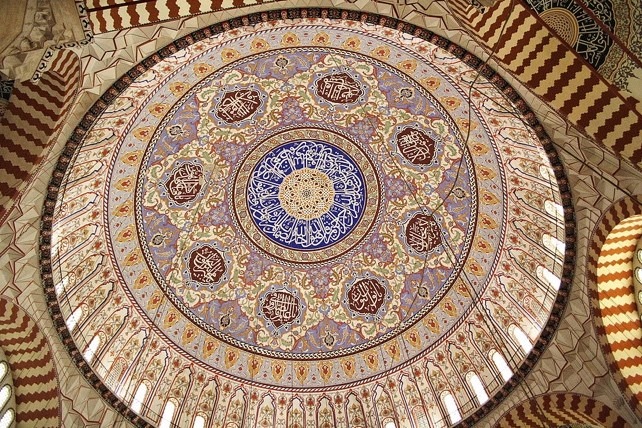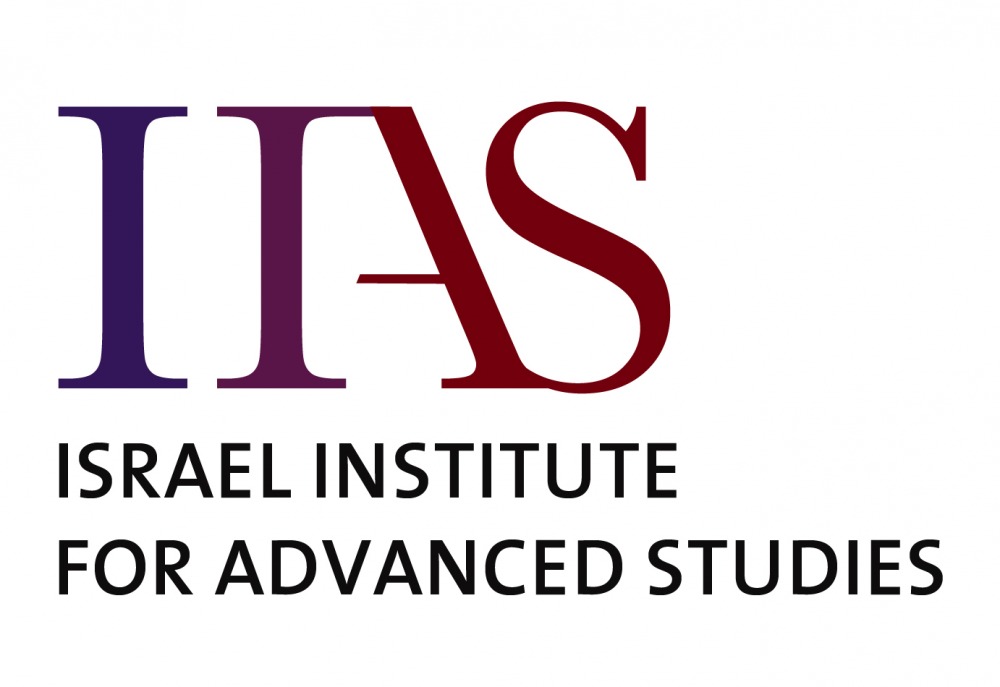
Please join us for our upcoming seminar on: "Ibn Taymiyya, The Monolatric Imperative, and Reluctant Cultural Brokerage" by Dr. Daniel Lav (The Hebrew University of Jerusalem).
Monday, December 7, 2020, from 17:30 to 19:00 (Israel time) via zoom.
ABSTRACT
The Damascene scholar Taqī al-Dīn b. Taymiyya (d. 1328 C.E.) has proven to be a thinker of major historical importance, albeit one whose primary socio-cultural impact was and is post-medieval. By all accounts a complex and multifaceted figure the linchpin of his thought is nonetheless quite simple: He argued that Islam is to be understood and lived first and foremost as monolatry (i.e. exclusivity of worship) and only secondarily as conceptual monotheism.
Ibn Taymiyya recognized that Islam as a socio-historical phenomenon was a meeting-place of originally distinct cultural strains. While his normative project sought to purify it of the elements he viewed as inauthentic, the analysis on which he based this project, and the monolatry/monotheism distinction in particular, was perspicacious and prefigures modern authors such as Yehoshua Amir and Jan Assmann. Furthermore, even Ibn Taymiyya's normative project cannot always be taken at face value; for example, his own reformulations of a purported primitive orthodoxy are indebted to Aristotelian physics and psychology, thus raising the question to what degree purist orientations declaratively hostile to intercultural transmission can truly remain aloof, and in what ways they themselves can serve as vectors of a form of 'reluctant' cultural brokerage.
BIOGRAPHY
Daniel Lav is a lecturer in the Department of Arabic Language and Literature at the Hebrew University of Jerusalem. His primary field of research is Muslim theology, with an emphasis on the pre-modern and modern salafī traditions. His forthcoming book Salafī Political Theology (Cambridge) traces salafī intellectual history from Taymiyyan and Wahhābī monolatry to present-day salafī expositions of theonomic doctrine as a critique of secularization.

